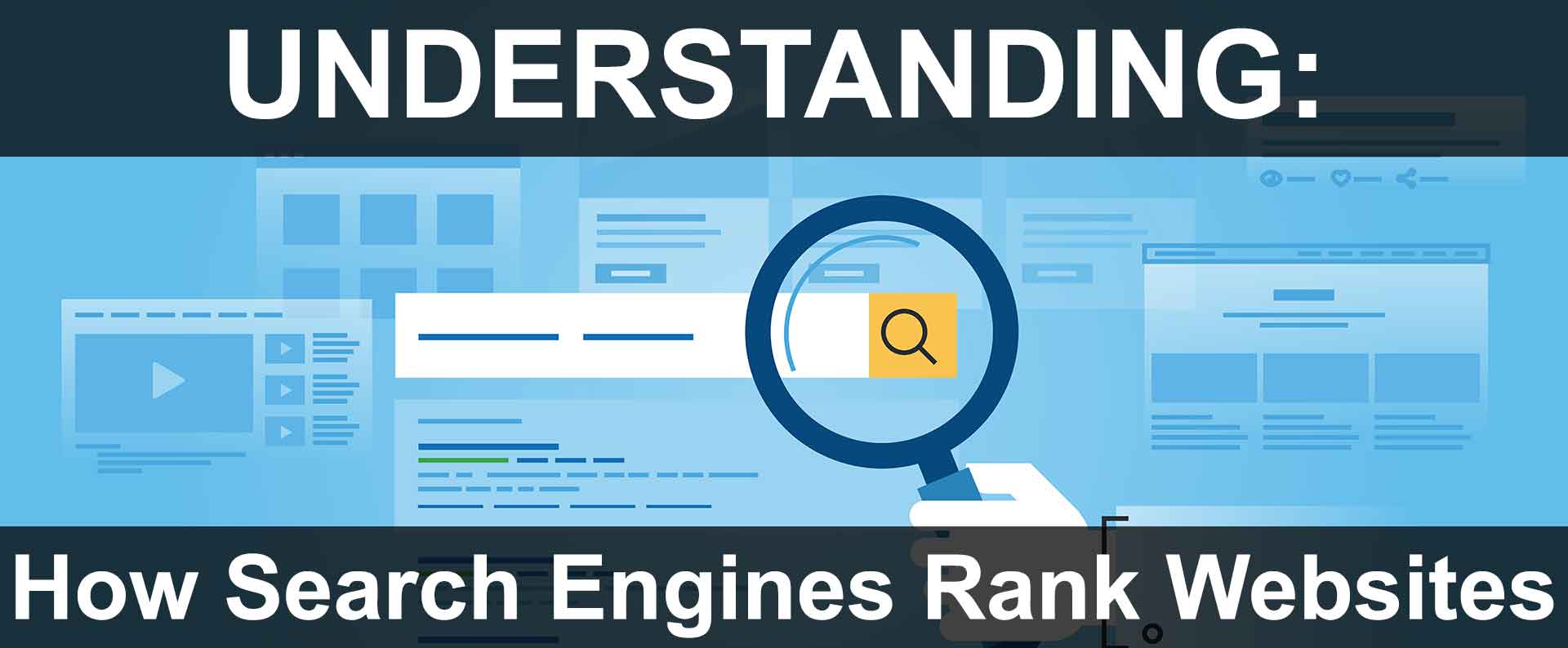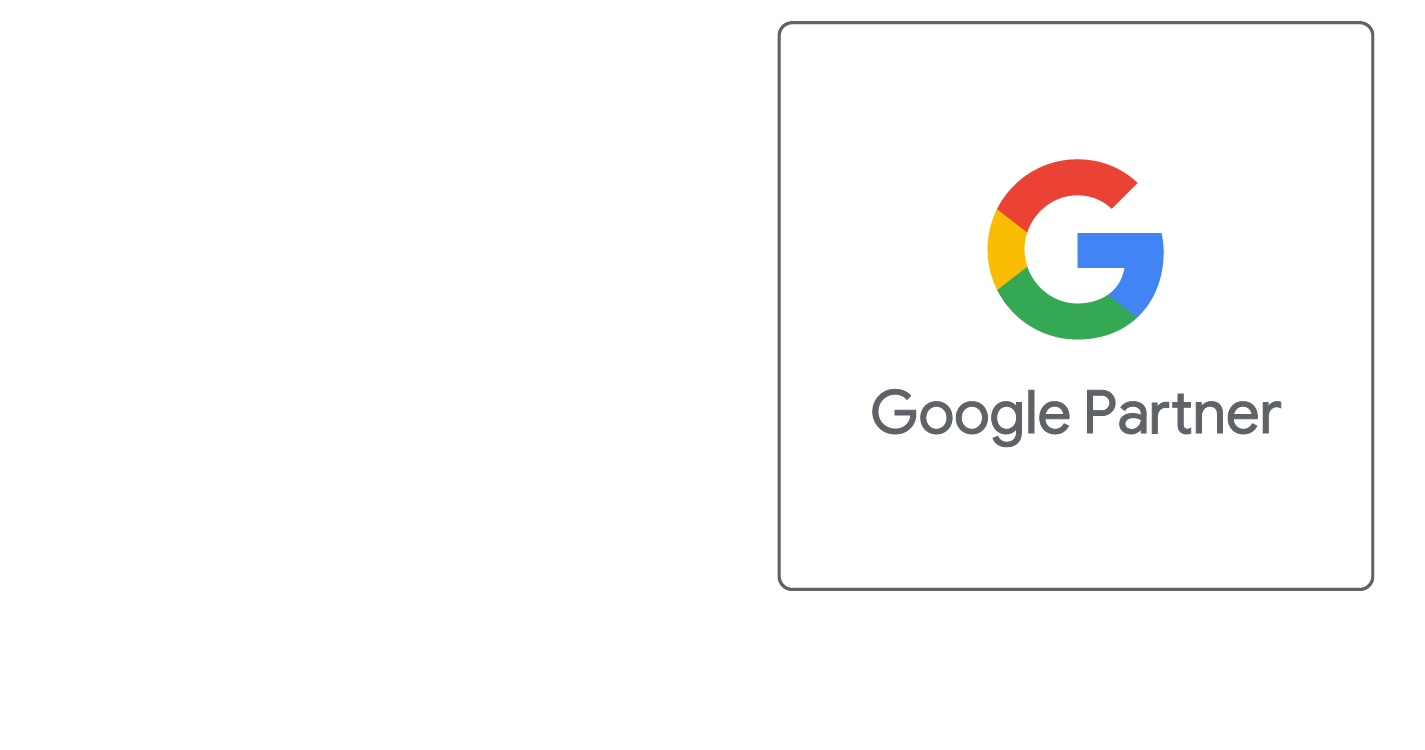Understanding how search engines rank websites is crucial for small and medium businesses aiming to grown and thrive online.
Whether you're in retail, restaurants, hospitality, construction, healthcare, or professional services, optimizing your online presence can significantly enhance your visibility to potential clients.
Let's dive into the essentials and explore actionable steps tailored to your industry, while answering the question many new clients ask:
What does SERP, SEM, SEP mean & how do they affect my online presence?
Decoding Search Engine Jargon
SEO refers to the strategies and practices used to enhance your website's visibility in organic search results. It aims to attract free, qualified traffic from search engines like Google and Bing.
However, there's various other related acronyms to know when maximizing free traffic from today's search engines.
- SEO (Search Engine Optimization):
The practice of improving your website to increase its visibility in organic (non-paid) search results.
-
SERP (Search Engine Results Page):
This is the page displayed after a user enters a search query. Your website's ranking on this page is vital as it determines visibility.
-
SEM (Search Engine Marketing):
This encompasses all marketing activities that promote your business online, including both paid and organic strategies.
-
SEP (Search Engine Positioning):
Although less commonly used today, this term refers to the specific position your site holds in search results.
-
PPC (Pay-Per-Click):
Advertising where you pay each time someone clicks on your ad. While part of SEM, it's distinct from SEO.
[Google Ads are ranked against other ads just like websites get ranked in search results against other sites]
The Basics of Ranking
Using complex algorithms, search engines analyze content, design, and technical aspects to determine which online content should appear first in search results.
The goal is to deliver the most relevant and user-friendly results based on the searcher’s intent. Here’s a simplified overview of how this works:
- Indexing:
Search engines index websites using bots or “spiders” to crawl and index online content based on keywords and topics.
- Relevance Assessment:
Once indexed, search engines evaluate the content against user search queries to determine the most relevant results.
Understanding this process will help you optimize your site for better visibility.
Key Factors Affecting Your Ranking
Search engines use complex algorithms to rank websites. Here are key factors they consider:
- Quality Content:
Your website should serve as a comprehensive resource within your industry. The more informative and relevant your content, the better your ranking will be.
-
Mobile-Friendliness:
Ensure your website is responsive and easily accessible on all devices. Google prioritizes mobile-friendly sites, so this is non-negotiable.
- Page Speed:
A fast-loading website provides a better user experience, which search engines reward.
- Technical SEO:
This involves optimizing the behind-the-scenes elements of your website, such as clean code, structured data, and sitemaps, to make it easier for search engines to crawl and index.
- Backlinks:
Links from other reputable websites to yours signal trustworthiness and authority to search engines.
- User Experience (UX):
A positive user experience (easy navigation, clear calls to action) encourages visitors to stay longer and explore more of your site.
- Browser Compatibility:
Your website should function seamlessly across different browsers and devices will help improve your ranking.
- Avoid Black-Hat SEO:
Steer clear of deceptive practices like keyword stuffing or cloaking. Such tactics can result in penalties or bans from search engines.
Tailoring SEO Strategies by Industry
Different industries have unique challenges and opportunities when it comes to online visibility. Here’s a breakdown of specific steps for each sector:
Retail
Benefits:
Optimizing for search engines helps retail businesses drive targeted traffic to product pages, boosting online sales.
Actionable Steps:
- Keyword-Rich Product Descriptions:
Use area-specific and product-specific keywords to target shoppers searching for similar items.
-
User Reviews & Ratings:
Encourage customer feedback to increase trust and enhance the credibility of your website.
-
Local SEO for Brick-and-Mortar Stores:
Optimize your Google My Business, Bing Places profile, and include local keywords to attract nearby customers.
Example:
A boutique could rank for “sustainable activewear” by publishing a blog comparing eco-friendly fabrics.
Restaurants
Benefits:
Boosting local search rankings directly impacts foot traffic and reservations.
Actionable Steps:
- Optimize Local Listings:
Claim and update your Google My Business and Bing Places profiles with correct address, hours, and menus.
-
Incorporate Visual Content:
Use high-quality images of your food, interior space, and events to increase engagement.
-
Encourage Reviews:
Positive customer reviews on platforms like Yelp and TripAdvisor help improve local search performance.
Example:
A family-run diner can post updates about daily specials and customer testimonials, ensuring details are consistent across all listings.
Hospitality
Benefits:
High rankings can lead to more bookings and enhanced brand recognition for hotels, resorts, and travel services.
Actionable Steps:
- Create Booking-Friendly Content:
Develop easy-to-navigate landing pages with prominent call-to-action buttons for reservations.
-
Local Destination Content:
Offer insights on local attractions and events to capture interest from travelers.
-
Leverage Multimedia:
Use virtual tours, photo galleries, and video testimonials to create an immersive online experience.
Example:
A boutique hotel can create blog posts about nearby attractions and seasonal events, combined with optimized landing pages for special deals.
Construction
Benefits:
For businesses in construction, strong SEO practices translate to increased project inquiries and consultancy leads.
Actionable Steps:
- Case Study Portfolios:
Showcase completed projects with detailed descriptions, images, and client testimonials.
- Local SEO:
Optimize for regional keywords like “commercial construction in [City]” to attract local jobs.
- Educational Content:
Publish blog posts or guides about industry trends, permitting processes, and design tips to establish authority.
Example:
A construction firm might develop a project spotlight section on their website, detailing innovative building techniques and customer stories.
Healthcare
Benefits:
A well-optimized website can enhance patient trust and increase appointment bookings.
Actionable Steps:
- Informational Content:
Write blog posts or FAQs that cover common health concerns, treatment options, and wellness tips relevant to your specialties.
- Local Search Optimization:
Ensure your practice’s address and contact information are current on local listings.
-
Responsive Design:
Given the diverse patient base, a mobile-friendly website guarantees easy access to crucial information on any device.
Example:
A healthcare clinic can publish a series of articles on preventive care and troubleshooting common symptoms, integrated with local health service keywords.
Professional Services (Legal, Accounting, etc.)
Benefits:
SEO can build credibility and position professionals as thought leaders, attracting high-quality leads.
Actionable Steps:
- Showcase Expertise:
Develop content that addresses industry-specific legal or financial topics, creating a resource hub for clients.
- Client Testimonials & Case Studies:
Include real-world success stories to build trust and authority in your field.
- Local Networking:
Optimize for local searches by highlighting community involvement and regional expertise.
Example:
A law firm or accounting firm can produce a series of detailed guides on regulatory changes or common legal pitfalls, supported by client case studies that demonstrate expertise.
Final Thoughts
Building a successful online presence starts with mastering SEO basics—providing valuable, accessible content, maintaining a user-friendly and optimized website and social media profiles).
When tailoring specific strategies for your industry, such as those outlined for retail, restaurants, hospitality, construction, healthcare, and professional services, your business can significantly improve its search engine ranking, attract more targeted traffic, and increase leads and sales.













